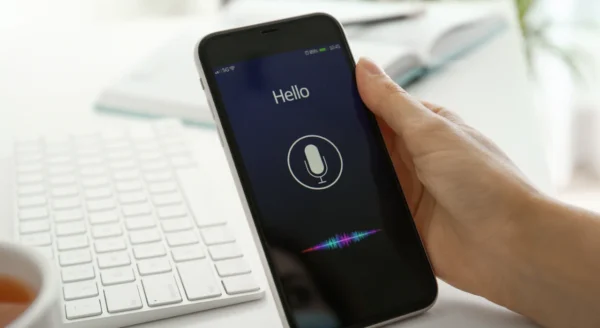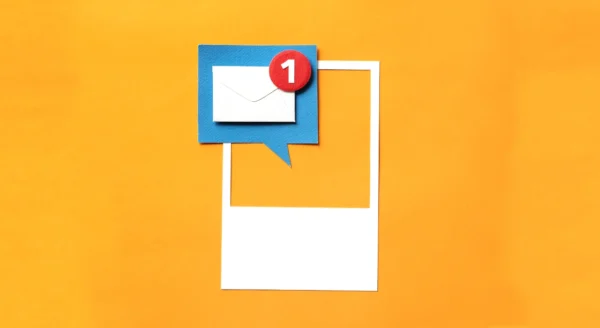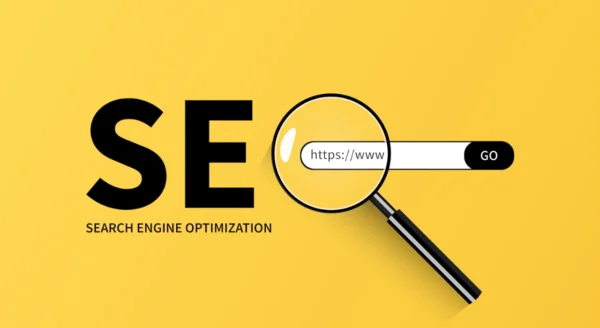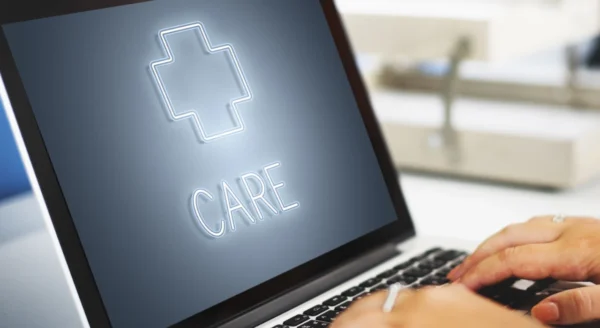Niraj Upadhyay
Founder – Trizone India,Co-Founder – Trizone Healthcare Consultants & director – AHMP India Foundation.
Why Communication Matters in Healthcare
Imagine walking into a hospital without knowing where to go, what to expect, or who to talk to. Confusing, right? Imagine a hospital where you receive clear, friendly guidance at every step. That’s the power of a good communication strategy—transforming patient care from stressful to seamless.
A well-planned messaging strategy in healthcare isn’t just about sharing information; it’s about creating trust, reducing anxiety, and improving outcomes. Effective communication makes all the difference, whether it’s a single hospital or a network of healthcare facilities.
The Key to Clear and Caring Communication
Healthcare communication ensures the right message reaches the right people at the right time. Here’s how hospitals can do it:
1. Before the Visit – Setting the Stage
- Easy-to-Navigate Website: Patients should find everything they need—services, doctor details, FAQs, and appointments—without frustration.
- Appointment Reminders: A simple text, email, or call to remind patients about their visit reduces missed appointments.
- Pre-Visit Prep: A quick explainer video or digital pamphlet can help patients know what to expect.
2. At the Hospital – A Smooth Experience
- Warm Welcome at Reception: A friendly face (or chatbot!) can set the right tone.
- Clear Signage & Directions: No one likes getting lost in a hospital maze, so clear, simple signs help.
- Doctor-Patient Conversations: Using simple language (no medical jargon) and actively listening makes a significant impact.
3. During Treatment & Stay – Keeping Patients and Families in the Loop
- Regular Updates: Nurses and doctors should check in frequently to ease concerns.
- Easy-to-understand Treatment Info: Explain medications and procedures using videos, simple handouts, or bedside screens.
- Feedback Kiosks & Surveys: A quick “How was your experience?” can help hospitals improve.
4. After the Visit – Keeping the Connection Alive
- Clear Discharge Instructions: Patients need easy-to-follow steps for recovery.
- Follow-Up Messages: A reminder about post-treatment care, upcoming check-ups, or wellness tips goes a long way.
- Support Groups & Online Communities: A place where patients can connect, share experiences, and feel supported.
The Secret Sauce: Techniques for Effective Healthcare Messaging
Want to make healthcare communication genuinely impactful? Here are five golden rules:
1. Keep It Simple
- Rewrite medical instructions in everyday language: Instead of saying “administer 500mg of paracetamol BID for pyrexia,” say “Take one paracetamol tablet (500mg) twice a day if you have a fever.”
- Use visual aids: A simple chart showing which medications to take in the morning, afternoon, or night can prevent errors.
- Create short explainer videos: A 30-second video explaining how to prepare for an MRI scan or what to expect during a blood test can reduce patient anxiety.
2. Be Empathetic
- Train staff to acknowledge patient emotions: Instead of a receptionist saying “You’ll have to wait,” they can say, “I understand waiting can be frustrating, but the doctor is finishing up with another patient. We’ll call you as soon as possible.”
- Use friendly and reassuring language in messages: Instead of “Your test results are available,” say, “Your test results are ready. Let’s review them together to ensure you get the best care.”
- Offer small comforts: Simple touches like a water station in the waiting area or a quiet corner for anxious patients can go a long way in improving their experience.
3. Consistency is Key
- Ensure all staff give the same instructions: Whether it’s the receptionist, nurse, or doctor, make sure everyone explains hospital policies (like discharge procedures or appointment scheduling) the same way.
- Standardize website, email, and printed materials: If your website says “Arrive 15 minutes early for your appointment,” your appointment reminder texts and front desk staff should say the same.
- Use a simple script for common patient interactions: Receptionists and nurses can use a standard response when answering FAQs, like “Yes, we offer teleconsultations. You can book one through our app or call us at this number.”
4. Encourage Two-Way Communication
- Add a “Questions?” Section to Patient Handouts: At the end of discharge instructions, add a line like “Not sure about your medications? Call us at this number!”
- Offer quick feedback options: A tablet or QR code at reception for patients to leave feedback on their visit can help improve services.
- Allow for open-ended questions: Doctors can ask, “Do you have any questions about your treatment?” instead of just, “Do you understand?” so patients feel comfortable speaking up.
5. Use Technology Smartly
- Use automated appointment reminders: A simple SMS or WhatsApp message saying “Reminder: Your appointment is tomorrow at 10 AM. Reply ‘1’ to confirm or ‘2’ to reschedule.” reduces no-shows.
- Have a basic chatbot on the website: Even a simple FAQ bot answering “What are your consultation hours?” or “How do I book an appointment?” can save patients time.
- Enable online access to lab results: Instead of making patients call or visit, send a secure link to their results with a note: “Your test results are ready. Click here to view them securely.”
- Offer teleconsultation options for minor follow-ups: Instead of requiring patients to come in for a routine check-up, a quick video call can save time and improve accessibility.
How Hospitals Benefit from Strong Communication
Whether it’s a single clinic or a big hospital chain, a great communication strategy brings big wins:
- More Trust, More Loyalty: Patients and families feel valued and return for future care.
- Better Patient Outcomes: Clear instructions mean better adherence to treatment plans.
- Less Chaos, More Efficiency: Automated reminders and follow-ups help the staff stay focused.
- More substantial Reputation: A hospital that communicates well becomes the go-to choice in the community.
- Fewer Risks, More Compliance: Transparency helps avoid confusion, legal issues, and unnecessary stress.
Healthcare facilities are not just about treatment but about relationships and trust. You enhance patient satisfaction, engagement, and brand loyalty by creatively integrating branding and advertising into internal communication touchpoints.
The next time a patient walks into your facility, ensure they leave feeling genuinely heard, effectively supported, and profoundly hopeful. This heartfelt connection is your strongest brand asset, transforming patients and families into loyal advocates and ensuring your brand leaves an unforgettable impression.

Talking the Talk: Mastering Voice Search Optimization in Healthcare Content Marketing
With healthcare content marketing, staying ahead means embracing the latest trends. Currently, Voice Search Optimization (VSO) is making waves in the digital age. Did you know that your voice is the new keyboard? Data shows that an astonishing half of the population in the United States is already conversing with their devices daily. In India, voice search queries in India have grown 270% year-over-year.

9 Ways Digital Technologies Have Revolutionized Healthcare Marketing and Branding
Digital technology has revolutionized healthcare marketing and branding, offering numerous opportunities to connect with patients, enhance brand visibility, and provide better care. Here are several ways in which digital technology can be leveraged in healthcare marketing and branding

The Pulse of Progress: Adapting to the New Era of Healthcare Marketing
Marketing is pivotal in bridging the gap between healthcare providers and consumers. With rapid technological advancements, evolving consumer behavior, and regulatory changes reshaping the landscape, understanding these shifts is crucial for any healthcare marketing professional.

10 Strategies for an Effective Marketing Message
Consider performing extensive research on your target audience. This may help you find key information that can influence your audience in favour of your product or service. Valuable information may include their likes and dislikes, their pain points, what services they’re interested in.

The Ultimate Guide to Hospital Website SEO
With the rapid growth of internet usage and smartphone adoption in India, having a strong digital presence has become imperative for healthcare organisations. According to Statista: the number of internet users in India was forecast to continuously increase between 2023 and 2028 by 265.1 million users (+26.29 percent).

From Clicks to Care: Why Healthcare Content Marketing Matters
In an era where information is at our fingertips, effective communication has never been more important! How do healthcare organisations stand out in an increasingly competitive landscape? The art (and science!) of content marketing is a valuable tool.

